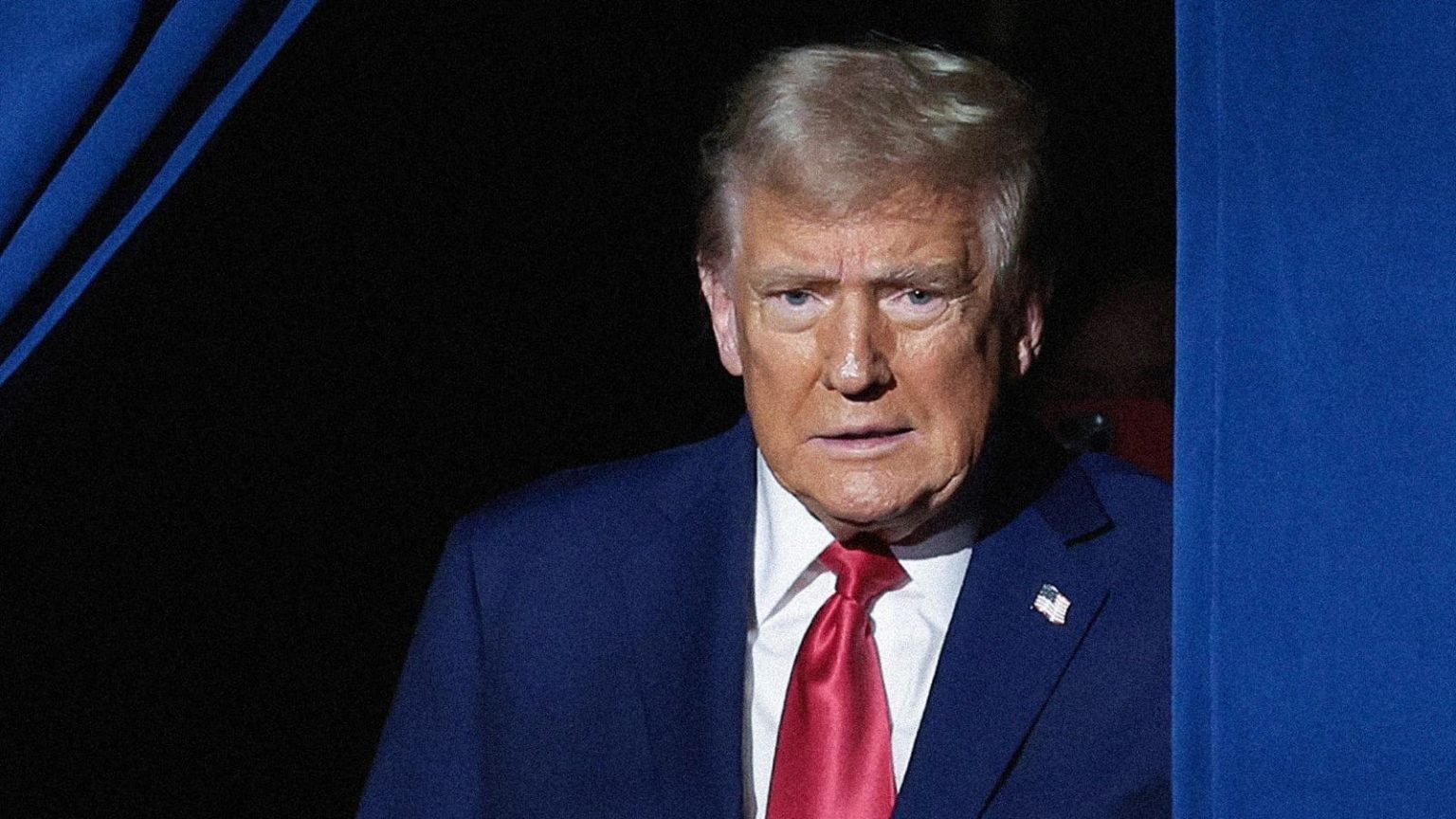Former President Donald Trump is facing a significant amount of debt, owing more money now than he ever did during his first presidency, according to a Forbes analysis. Despite Trump’s claims of having low debts on his properties, his portfolio includes $1.8 billion in liabilities, with some major court decisions adding an estimated $574 million in liabilities to his balance sheet. Trump does have assets, including cash and shares in his social-media venture, that he could potentially liquidate to pay off creditors.
Trump’s Chief Legal Officer Alan Garten disputed Forbes’ numbers, pointing out that some of the liabilities include debt against buildings where Trump is a limited partner and therefore would not be personally liable in the event of a default. Garten also defended Trump’s borrowing from members of his clubs, stating that Trump plans to pay them back with future income. Trump’s campaign spokesperson Steven Cheung highlighted Trump’s career successes and portrayed him as an outsider in politics not beholden to the establishment.
The breakdown of Trump’s liabilities includes business litigation, with a $482 million debt to the New York attorney general currently under appeal, accruing interest at a rate of 9% a year. Trump also has loans against properties such as 555 California Street, 1290 Avenue of the Americas, U.S. golf courses, Trump National Doral, 40 Wall Street, and Trump Tower, among others. These debts range from hundreds of millions to tens of millions of dollars, with varying interest rates and maturity dates.
Other personal disputes also contribute to Trump’s debt, including a $92 million debt to writer E. Jean Carroll, whom Trump denied allegations of defamation and battery. Trump is appealing both cases, while interest continues to accrue. Additionally, Trump has accepted millions in membership deposits at properties like Mar-a-Lago, acting as zero-interest loans that must be repaid if club members resign. Overall, Trump’s liabilities total to around $3.5 billion, with varying maturities and interest rates, posing potential challenges in the future.
While Trump has faced financial challenges due to the impact of the Covid-19 pandemic on New York City’s real estate market and other factors, he has also made some strategic financial decisions, such as refinancing loans and securing hedges against interest rate fluctuations. Trump’s financial situation remains complex, with ongoing legal battles and future obligations that will need to be managed carefully. As Trump navigates his post-presidency and potentially plans for a return to politics, his financial status and debt obligations will likely continue to be scrutinized.


